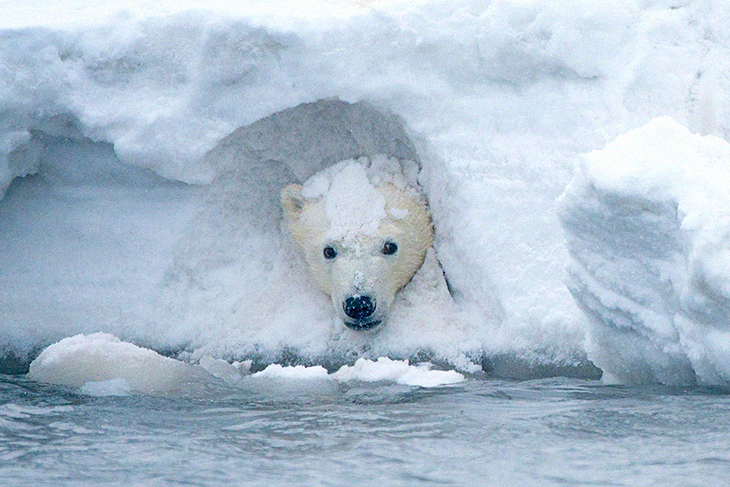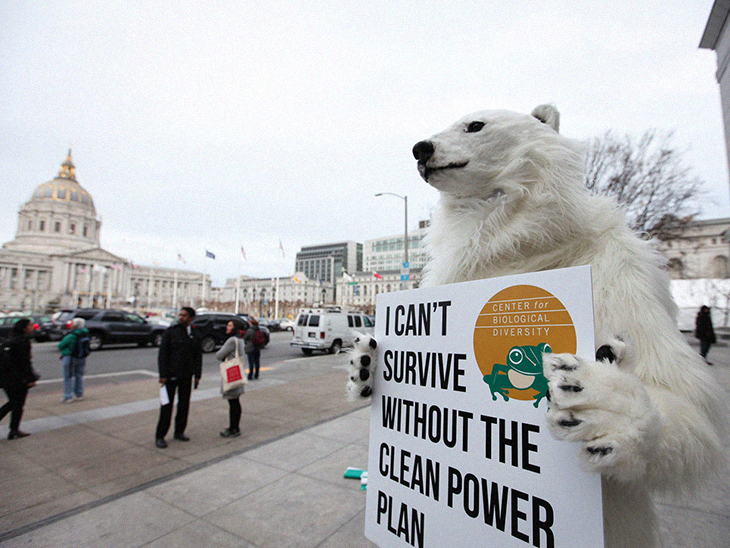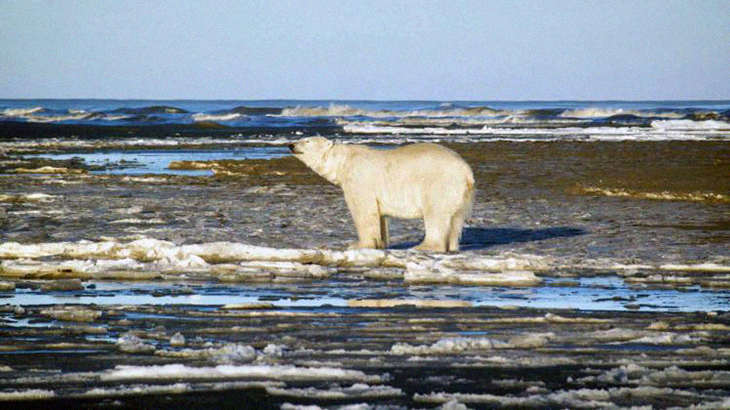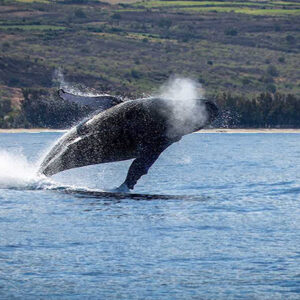
They say that nature’s number one enemy is man. They have the power to either protect or destroy nature, and unfortunately, some opt for the latter simply for financial gains. An example of which would be the drilling project that’s set in the arctic offshore. Environmentalists have fought against it, fearing that the invasion would hurt the habitat and the lives of the polar bears that live in the area.
Fortunately, the U.S. Court of Appeals has ruled against the offshore oil drilling project. Protectors of the species found living in the area finally have reason to break open a bottle of wine and celebrate.
These so-called bastions of extremely rich biodiversity in the waters of the Beaufort Sea will not be troubled and disturbed. The project would have interrupted much of the ecosystem as it required building the oil derrick itself, a gravel mine in the bay to make the rig’s pylons, and a variety of supporting installations. This would have simply created chaos as the animals in the area have lived in peace, undisturbed by human activity.
It all started with the Trump administration finally gave its nod of approval for the project in 2018. Its benefactor, Hillcorp Alaska, planned its Liberty oil project in Foggy Island Bay. The moment the approval came through, it was immediately slapped with several lawsuits disparaging the permits that came with it. Finally, the decision against the project came on December 7 from the U.S. Court of Appeals for the 9th Circuit.

“I’m pleased that the court today rejected the administration’s inaccurate and misleading analysis of this project’s impact to the climate,” explained Earth Justice attorney Jeremy Lieb. He made this statement from the Center for Biological Diversity after the decision was made. He further stated, “In the face of a worsening climate crisis, the federal government should not be in the business of approving irresponsible offshore oil development in the Arctic.”
According Nicole Whittington-Evans, Alaska program director at Defenders of Wildlife, “Today’s news is a victory for Alaska’s imperiled polar bears that are threatened by oil and gas development throughout virtually all of their terrestrial denning critical habitat—in the Arctic National Wildlife Refuge, National Petroleum Reserve-Alaska, and in the nearshore marine environment, as well.” She is the head of one of the environmental groups that filed a lawsuit against the drilling project.
They say that while the project may have seemed promising when it comes to sourcing out oil, the devil was in the details That’s because Foggy Island Bay has been considered the home to diverse marine life that have been considered threatened and endangered. Included in the list are polar bears, six species of whales, three species of seals, sea lions, sea otters, and Pacific walruses. Seabirds, several species of fish, and larger mammals have also made the shallow waters around the bay their home.
The presence of several vulnerable animals simply means that the construction would encroach the Endangered Species Act protections. Experts also say that omissions have been made on the amount of carbon the project would actually use during oil extraction. This would also affect the atmosphere around the area.

The prosecution team also gave its argument that went against the drilling project. They argued that the Liberty project, containing about a whopping 120 million barrels, would be able to extract oil made available to the global market. As a result, people would experience a decrease in oil prices. This would enable more nations to purchase oil at a more affordable price. Thus, this act would contribute to many more millions of metric tons of CO2 than if the oil were not mined, and if these countries would purchase it from the usual list of suppliers.
The defense, on the other hand, laid down their arguments just as well. They said that by the drilling company simply had to ensure that they follow the highest quality environmental standards at the Liberty project. If done properly, the entire endeavor would benefit the environment since oil would no longer be produced in countries with much more lax regulations.
The court listened to both sides of the argument. They say that the omission of foreign oil emissions estimates, poor-quality modeling including unproven assumptions, and a failure from the U.S. Fish and Wildlife Service to effectively look into the risks to the endangered polar bears was more than enough to deny the Liberty project.
The decision came right after the Trump administration’s Army Corps of Engineers decided in November to let go of the Pebble Mine project in Alaska. At the end of the day, the defenders of the whales, seals, birds, and the vulnerable polar bears, can now enjoy exploring the area in peace as they find means and ways to make the ecosystem thrive further.
What are your thoughts? Please comment below and share this news!
True Activist / Report a typo


